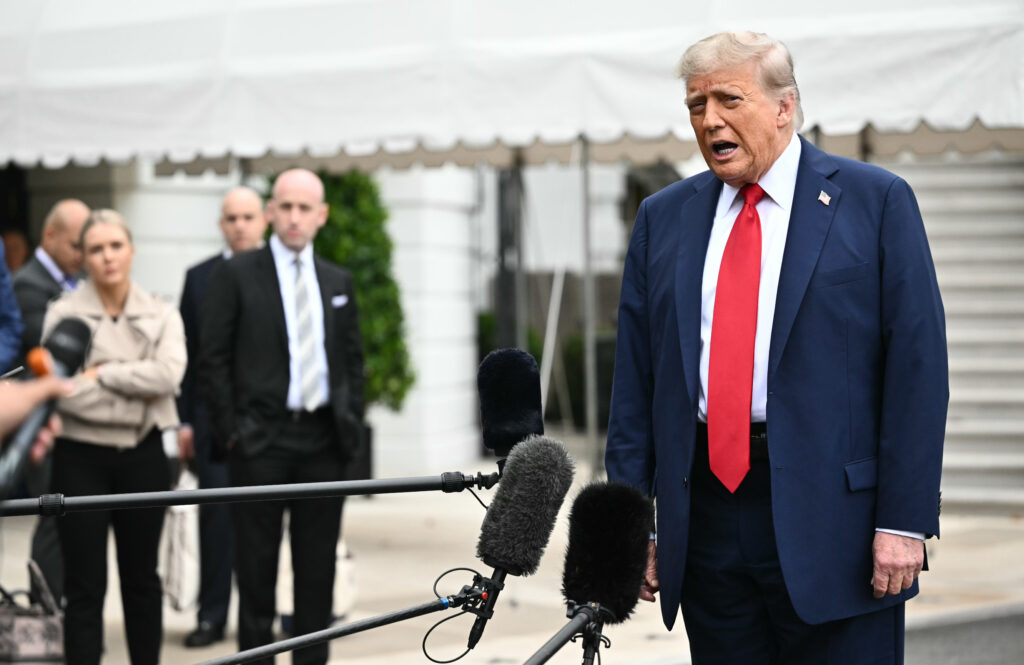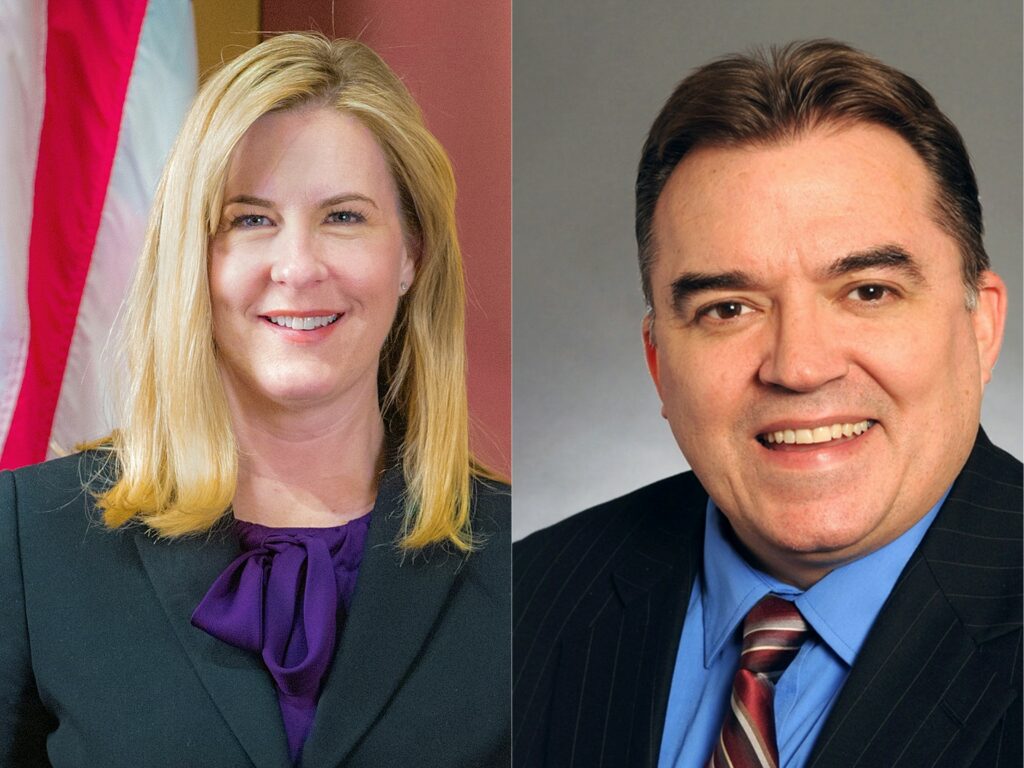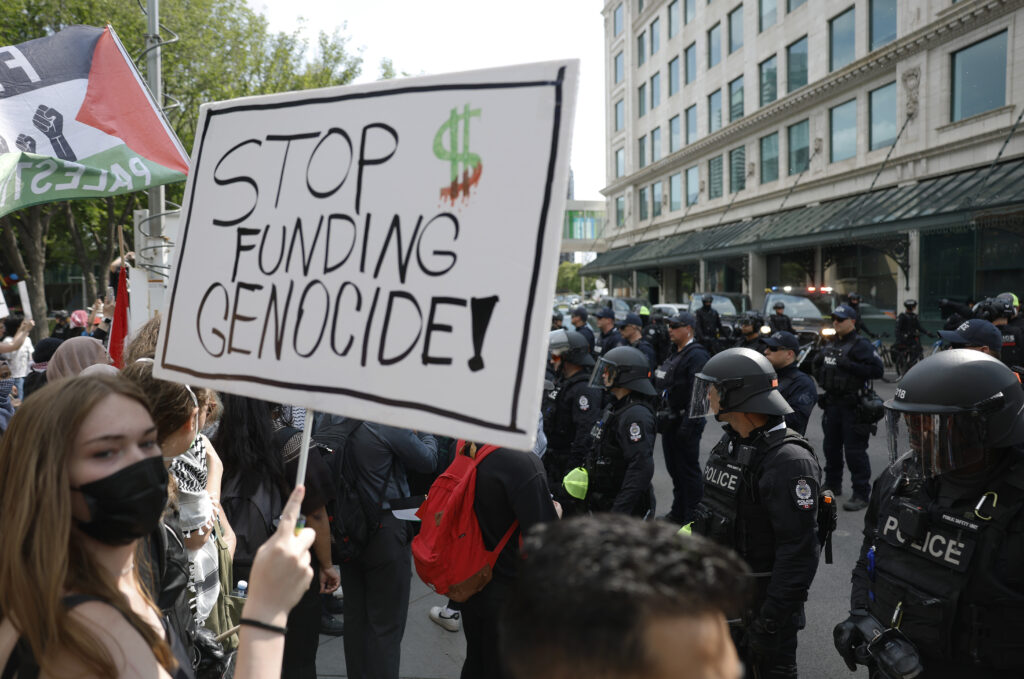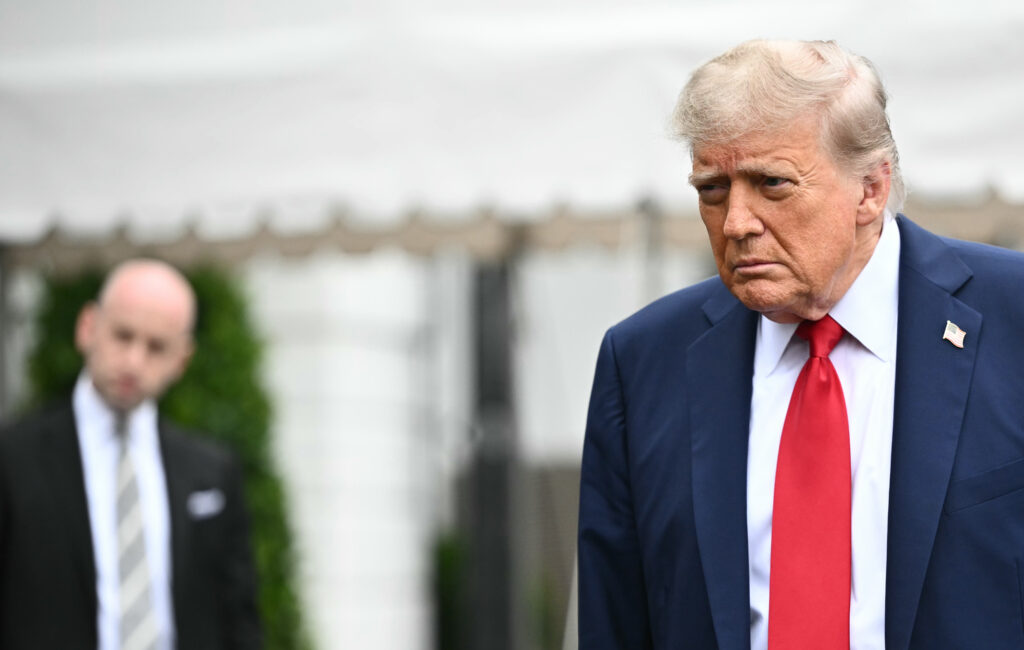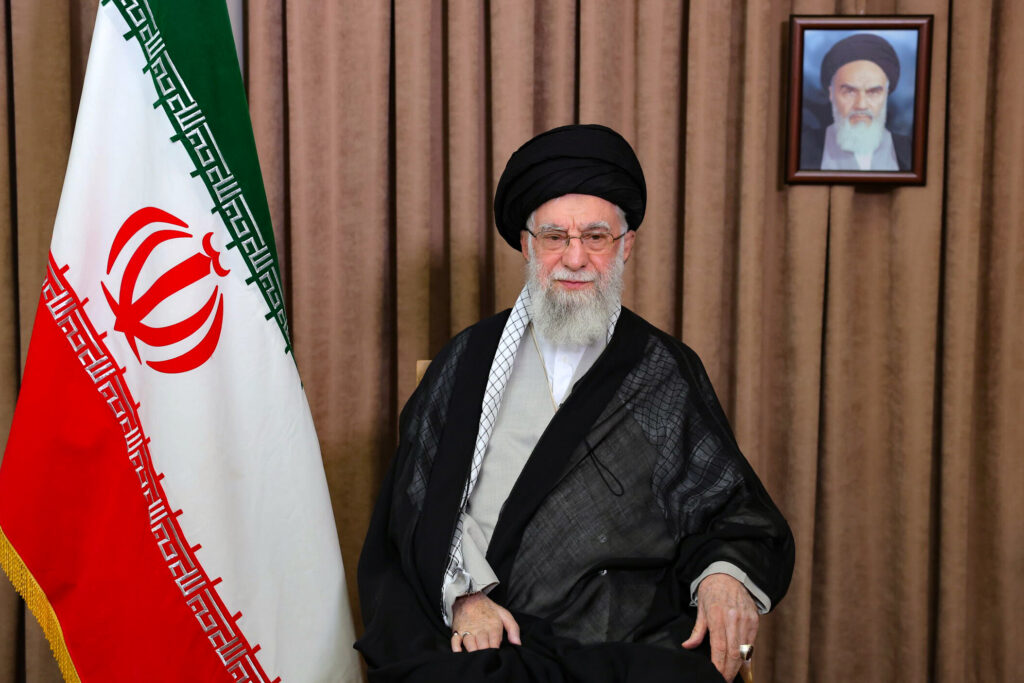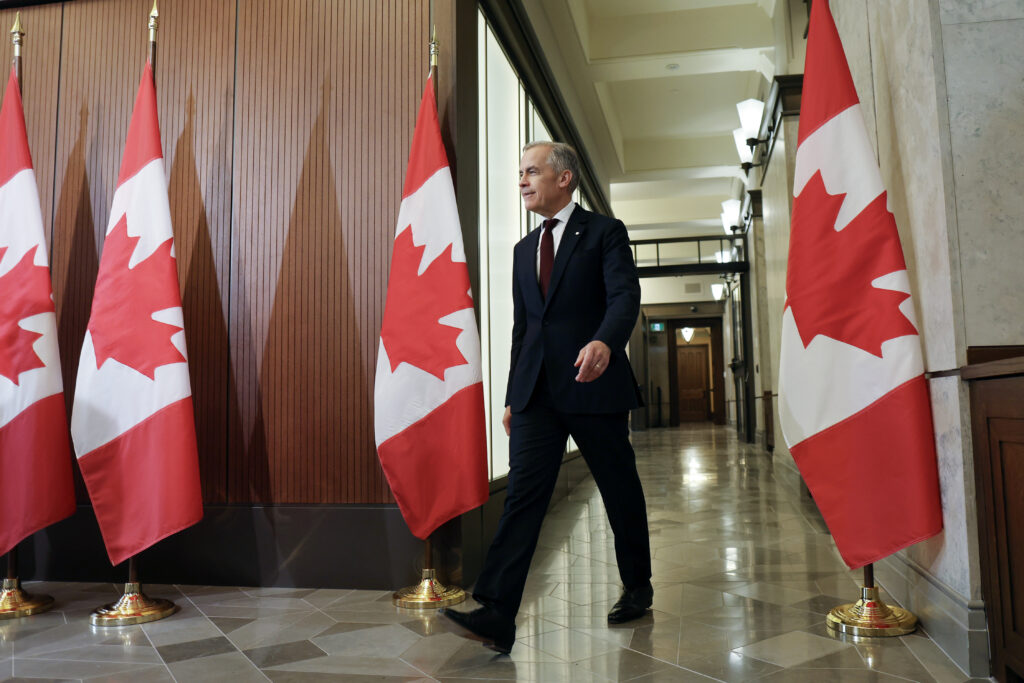Trump orders deportation drive targeting Democratic cities
US President Donald Trump on Sunday directed federal authorities to ramp up deportation efforts in Democratic-led cities, doubling down on a politicized anti-immigration drive after major protests in Los Angeles.”We must expand efforts to detain and deport Illegal Aliens in America’s largest Cities, such as Los Angeles, Chicago, and New York, where Millions upon Millions of Illegal Aliens reside,” Trump said on his Truth Social platform.”These, and other such Cities, are the core of the Democrat Power Center,” he claimed, citing debunked right-wing conspiracy theories that undocumented immigrants are voting in US elections in significant numbers.Trump has made deporting undocumented immigrants a key priority for his second term, after successfully campaigning against an alleged “invasion” by criminals.Raids by the Immigration and Customs Enforcement (ICE) agency in Los Angeles sparked unruly protests, prompting Trump last week to deploy 4,000 National Guards and 700 Marines, against the wishes of local and state authorities.California has sued to regain control of the National Guardsmen from Trump, arguing he overstepped his authority. That suit is working its way through federal court.In a long screed on Truth Social Sunday, the Republican president charged that “every day, the Brave Men and Women of ICE are subjected to violence, harassment, and even threats from Radical Democrat Politicians.”But, he insisted, “nothing will stop us from executing our mission… ICE Officers are herewith ordered … to do all in their power to achieve the very important goal of delivering the single largest Mass Deportation Program in History.”Trump insisted that “Radical Left Democrats are sick of mind, hate our Country, and actually want to destroy our Inner Cities — And they are doing a good job of it!””There is something wrong with them,” he said, listing a litany of grievances, including charges that Democrats “believe in Open Borders, Transgender for Everybody, and Men playing in Women’s Sports.”That, he said, was why he wanted ICE and other law enforcement agencies “to FOCUS on our crime ridden and deadly Inner Cities.”Doubling down on his characteristic bluster, Trump seemed to compare migration to the United States with weapons of mass destruction.He said he had directed his entire administration “to put every resource possible behind this effort, and reverse the tide of Mass Destruction Migration that has turned once Idyllic Towns into scenes of Third World Dystopia.”With his typical divisive rhetoric, Trump said he wanted “our Brave Officers to know that REAL Americans are cheering you on every day.””To ICE, FBI, DEA, ATF, the Patriots at Pentagon and the State Department, you have my unwavering support. Now go, GET THE JOB DONE!” he wrote.
